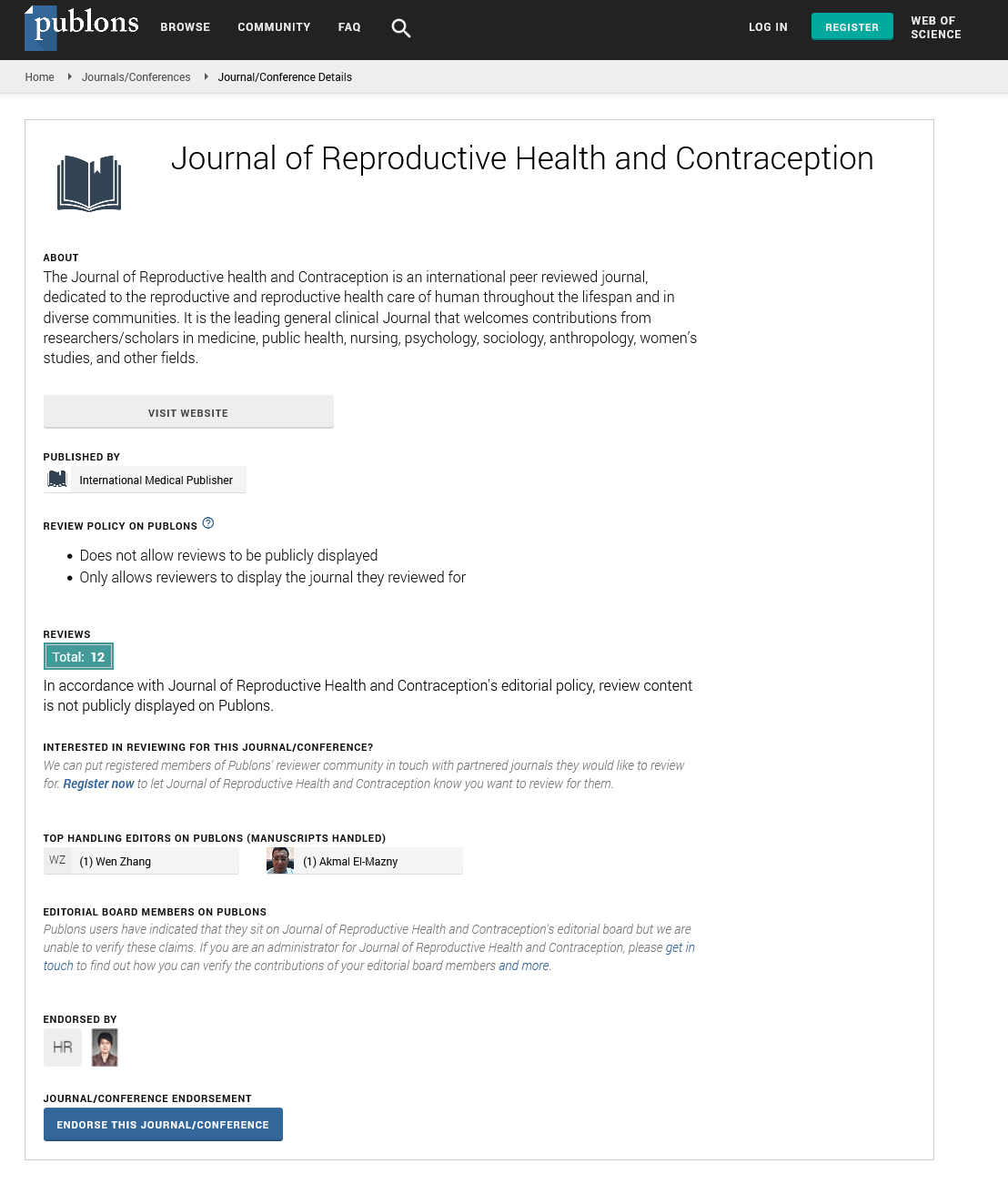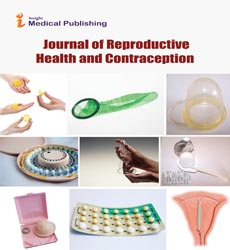Abstract
Influence of Awareness and Attitude about Anemia and Iron Supplements on Anemic Status of Pregnant Women Attending a Tertiary Care Centre in South India
Context: Nutritional anaemia during pregnancy continues to be rampant. Aims: This work was undertaken to study the influence of awareness and beliefs about anaemia and iron tablets on anaemia among the pregnant women. Settings and Design: Descriptive cross sectional study. Methods and materials: Conducted among pregnant women in their third trimester using a structured questionnaire. The domains included were awareness, attitudes and the practices regarding anemia and iron intake in pregnancy. Statistical analysis used: The proportion for the various domains was calculated and the difference was compared by chi-square test in the anemic and non-anemic groups. Multivariate analysis was carried out to predict the influence of these factors on anaemia status. Results: A total of 599 pregnant women were included. Of total, 373(62%) women were found to be anemic. Only 288 women (48%) took the iron pills regularly. Those who were not aware of their hemoglobin levels were significantly more likely to be anemic than those aware of their hemoglobin levels (P-value=0.027). On multivariate logistic regression analysis, women from rural areas (OR 1.48, 95% CI: 1.01-2.18, p=0.047), negative beliefs about iron intake (OR 2.97, 95% CI: 2.00-4.40, p=0.001) and lack of counseling by health workers (OR 2.21, 95%CI: 1.49-3.28, p=0.001), were found to be significant predictors of anemia. Conclusions: Wrong beliefs and myths about iron intake and lack of counselling by healt
Author(s):
Dorairajan Gowri, Devi Sakthi and Chinnakili Palanivel
Abstract | Full-Text | PDF
Share this

Google scholar citation report
Citations : 201
Journal of Reproductive Health and Contraception received 201 citations as per google scholar report
Journal of Reproductive Health and Contraception peer review process verified at publons
Abstracted/Indexed in
- Google Scholar
- China National Knowledge Infrastructure (CNKI)
- WorldCat
- Publons
Open Access Journals
- Aquaculture & Veterinary Science
- Chemistry & Chemical Sciences
- Clinical Sciences
- Engineering
- General Science
- Genetics & Molecular Biology
- Health Care & Nursing
- Immunology & Microbiology
- Materials Science
- Mathematics & Physics
- Medical Sciences
- Neurology & Psychiatry
- Oncology & Cancer Science
- Pharmaceutical Sciences


